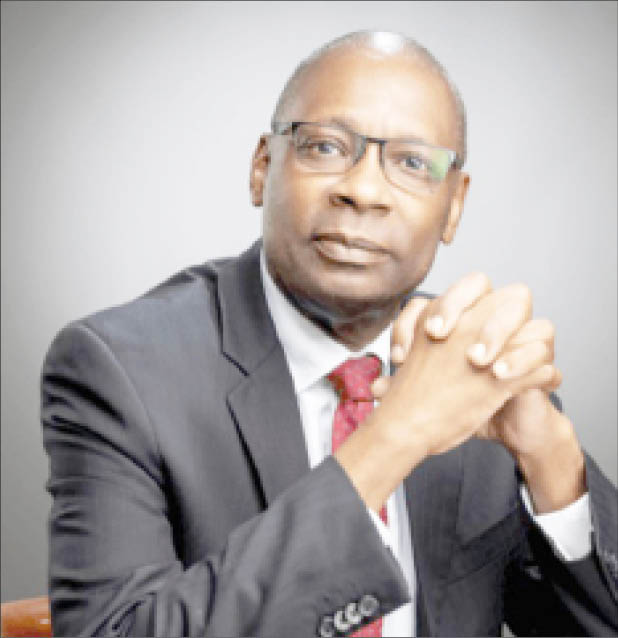70% windfall tax burdensome, ill-timed – Bank directors
The Bank Directors Association of Nigeria has said while the imposition of this windfall tax appears to be a response to the current economic climate, a 70% tax rate is excessively burdensome, ill-timed, particularly considering the ongoing bank recapitalisation efforts. In a release by the Chairman, Board of Directors, Mustafa Chike-Obi, the association formally responded […]

mustafa chike obi
The Bank Directors Association of Nigeria has said while the imposition of this windfall tax appears to be a response to the current economic climate, a 70% tax rate is excessively burdensome, ill-timed, particularly considering the ongoing bank recapitalisation efforts.
In a release by the Chairman, Board of Directors, Mustafa Chike-Obi, the association formally responded to the recent imposition of a 70% levy on the profits realised from foreign exchange transactions by banks for the financial years 2023 to 2025.
The Board said it acknowledged and respect the intentions of the government in implementing the decision; however, it feels, it is essential to express its concerns regarding the magnitude of the levy, its timing and the ambiguities surrounding its implementation.
Chike-Obi said: “ Such a high levy has the potential to stifle growth and innovation within the banking sector; ultimately affecting the quality of services we provide to our customers and the broader economy.
- NEMA confirms 4 dead, 19 rescued in Sokoto boat accident
- Nigeria wasting rice, yam, fish amid food crisis – Report
“Moreover, we believe that it is vital for all stakeholders in the banking sector to have been consulted prior to the enactment of such significant changes in the Finance Act 2023. Open dialogue and negotiation are essential to ensure that policies are both equitable and effective.”
The board noted that a primary concern lies in the ambiguities of the language in the amendment which leave critical questions unanswered. Such as, whether the windfall tax will be implemented as a Total Tax charge on banks, incorporating other taxes already levied such as Company Income tax, Tertiary Education Tax, National Information Development Levy (NITDL), etc
“We also request clarification on what constitutes ‘FX transactions’ to be taxed and the treatment of banks that may incur losses rather than gains during this period. We urge the government to provide clear guidelines on this matter to avoid further uncertainty,” the directors quizzed.
The Directors highlight that Nigerian banks are amongst the most heavily taxed in the world due to the burden of the AMCON levy, which is imposed on the total assets of banks and therefore recommended that a consolidation of all taxes and levies imposed on banks be thoroughly considered in the future.
They said, it would also be critical to reassure the banking community that future levies and taxes will not be arbitrarily imposed.
The Directors urged the National Assembly to revisit the amendment and engage in constructive discussions with stakeholders in the banking sector
“By collaborating, we can develop a framework that effectively balances the need for revenue generation with the imperative of fostering a thriving banking environment that supports sustainable economic growth.
“We commend the Central Bank of Nigeria for their recent efforts in stabilising the banking sector; we remain committed to supporting and collaborating with regulators, government entities, and other stakeholders to find solutions that benefit all parties involved,” The release added.
